Room 102, Building 13, Area A, Wanyang Zhongchuang Park, Ganyao Town, Jiashan County, Zhejiang China.

Photovoltaic bolts are critical components in solar panel installations, ensuring structural integrity and safety. Their material composition plays a key role in resisting corrosion, especially in outdoor environments exposed to moisture, UV radiation, and temperature fluctuations. Understanding how materials affect corrosion resistance can guide manufacturers and installers in choosing the right bolts for long-term durability.
Corrosion can weaken bolts, compromising the stability of photovoltaic panels. Rust formation or metal degradation may lead to bolt loosening or breakage, causing misalignment or even detachment of solar modules. Using corrosion-resistant materials ensures long-term safety and consistent energy production.
Corrosion-resistant bolts require less frequent maintenance and replacement, reducing operational costs. High-quality materials extend service life, ensuring that solar installations remain functional over decades, even in harsh environmental conditions.
Stainless steel is widely used for photovoltaic bolts due to its excellent corrosion resistance. The presence of chromium forms a passive oxide layer on the surface, protecting the metal from rust. Stainless steel bolts are particularly effective in coastal or humid areas where saltwater exposure can accelerate corrosion.
Galvanized steel bolts are coated with a layer of zinc, which acts as a sacrificial barrier against corrosion. The zinc coating corrodes preferentially, preserving the steel underneath. While less expensive than stainless steel, galvanized bolts may require inspection and replacement in extremely aggressive environments over time.
Aluminum bolts are lightweight and naturally resistant to corrosion due to the formation of a protective oxide layer. They are often used in lightweight mounting systems where reducing weight is essential. However, aluminum is softer than steel and may require careful torque control to prevent deformation during installation.
Corrosion rate depends on environmental exposure, including humidity, rainfall, temperature variations, and salt content in coastal areas. Bolts in high-humidity or marine locations require more robust corrosion-resistant materials, such as 316 stainless steel or high-grade coatings.
The grade and treatment of the bolt material affect its durability. Higher chromium or nickel content in stainless steel improves resistance, while zinc coating thickness in galvanized steel determines its longevity. Surface treatments like passivation, anodization, or epoxy coating further enhance corrosion protection.
Proper installation and maintenance are essential for maximizing corrosion resistance. Over-tightening can damage protective coatings, while poor torque can cause stress corrosion cracking. Regular inspection, cleaning, and timely replacement of compromised bolts ensure consistent performance.
| Material | Corrosion Resistance | Best Use Environment |
| Stainless Steel 304 | High | General outdoor, moderate humidity |
| Stainless Steel 316 | Very High | Coastal and high-salt environments |
| Galvanized Steel | Moderate | Dry climates or low-salt environments |
| Aluminum Alloy | High | Lightweight structures, low mechanical stress |
The material of photovoltaic bolts is a determining factor in their corrosion resistance and longevity. Stainless steel, galvanized steel, and aluminum each offer unique advantages depending on environmental exposure and structural requirements. Choosing high-quality materials and implementing proper installation and maintenance practices ensures durable, safe, and reliable solar installations, maximizing energy efficiency and reducing long-term operational costs.


Fix anchorbolts include bolts, washers, nuts and 4PCS cylindrical shields. By tightening the bolts, the shields tubes expand and the components can be...
See Details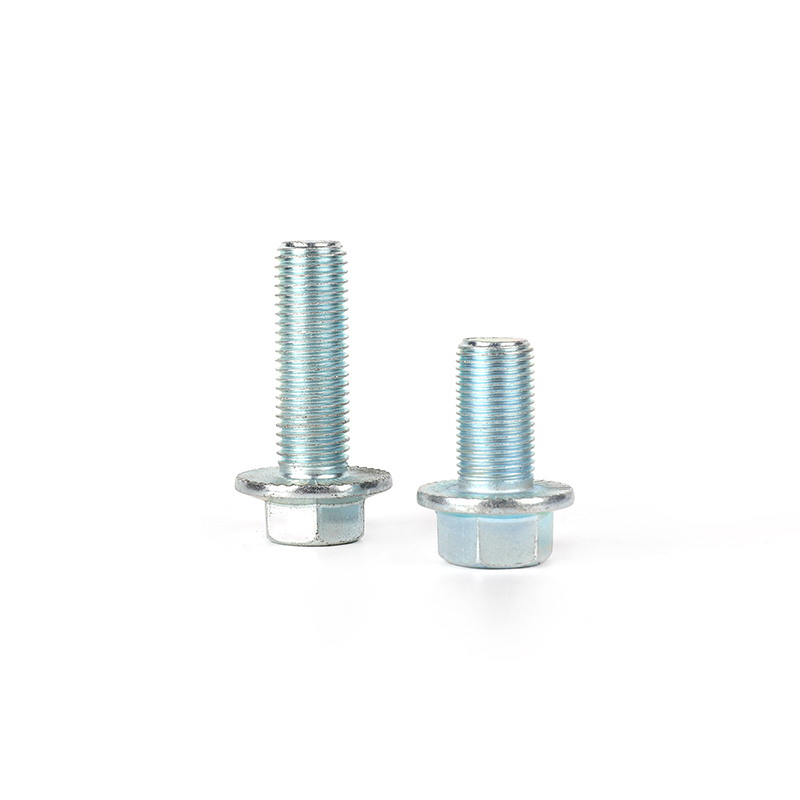
Flange bolts are specially used to tightly connect pipes and components with flanges. We produce flange bolts are solid t and durablethat, compling wi...
See Details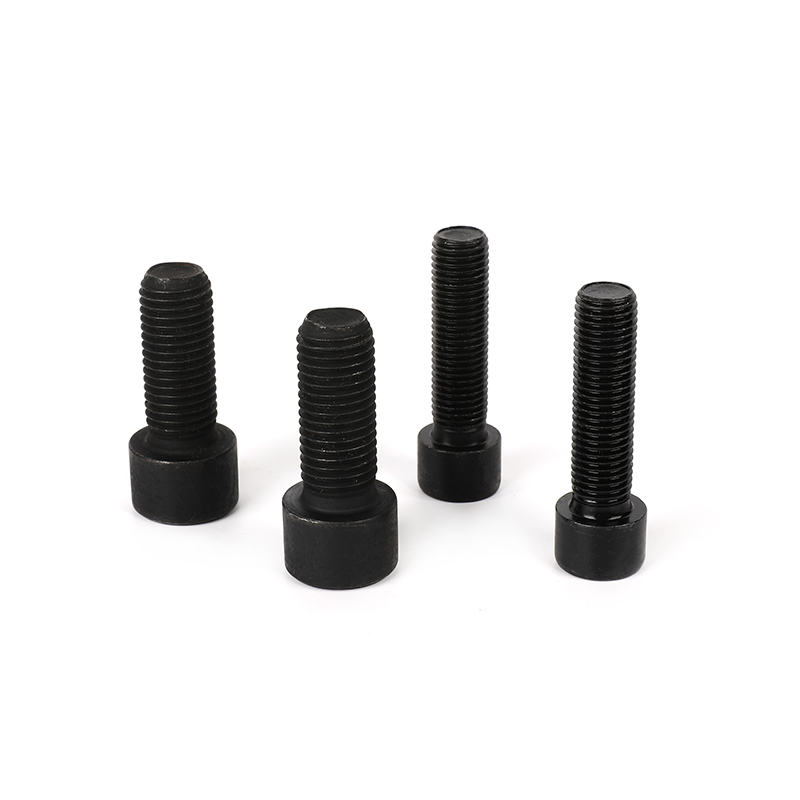
The Grade 8.8 black oxide full-thread hexagon socket bolts have an internal hex design and needs to be used with a wrench with a hex head. Its full th...
See Details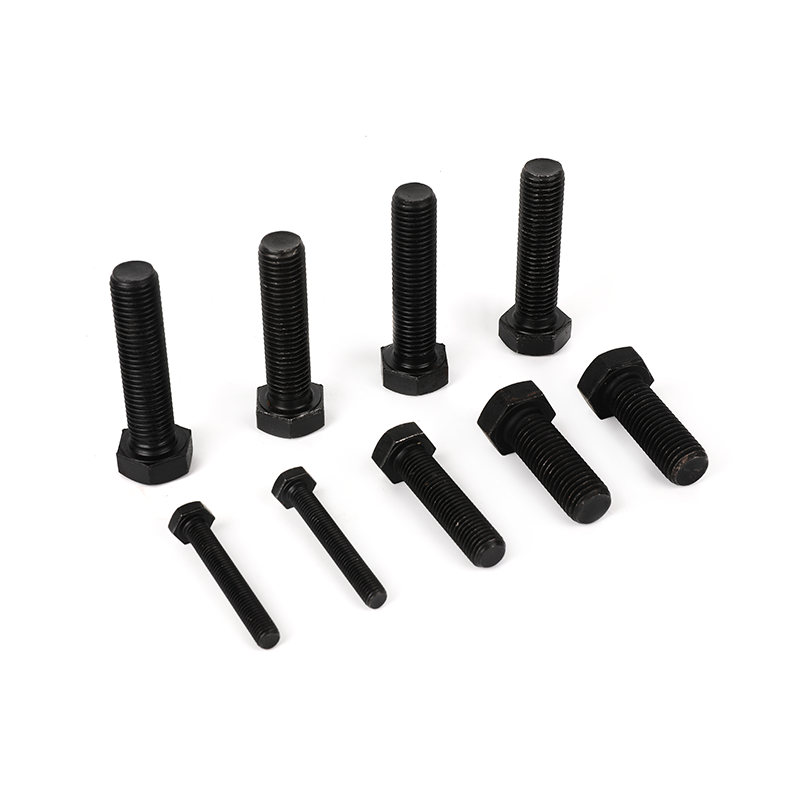
Grade 8.8 black oxide full-thread hexagon bolts is a very common fastener and requires a wrench or hex wrench to tighten it. Our hex head bolt meet th...
See Details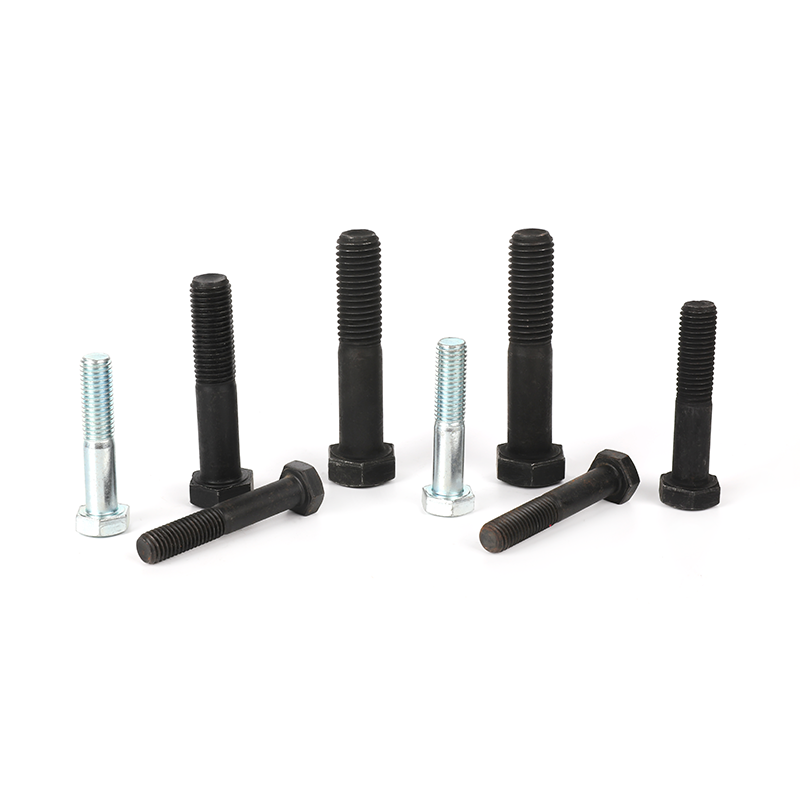
This product is made of high-quality carbon steel and undergoes a rigorous heat treatment process. It has high strength, good elasticity and toughness...
See Details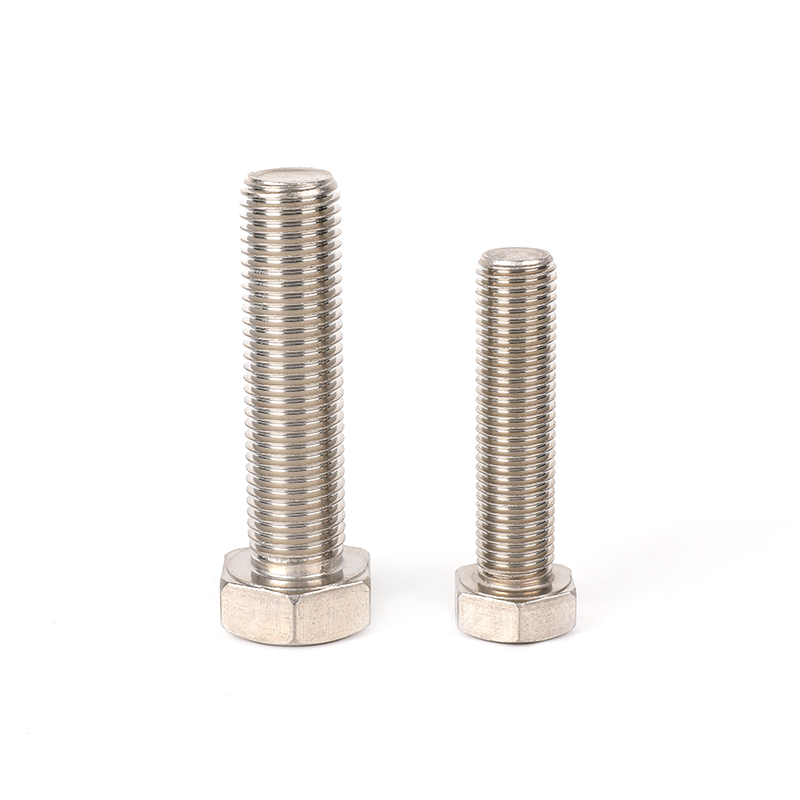
This 304 stainless steel plain full-thread hexagon bolt is a kind of fasteners made of high-quality stainless steel material and has corrosion resista...
See Details
This plain round flat head weld shoulder bolt is a fastener suitable for a variety of welding applications. Its flat head and round head design makes ...
See Details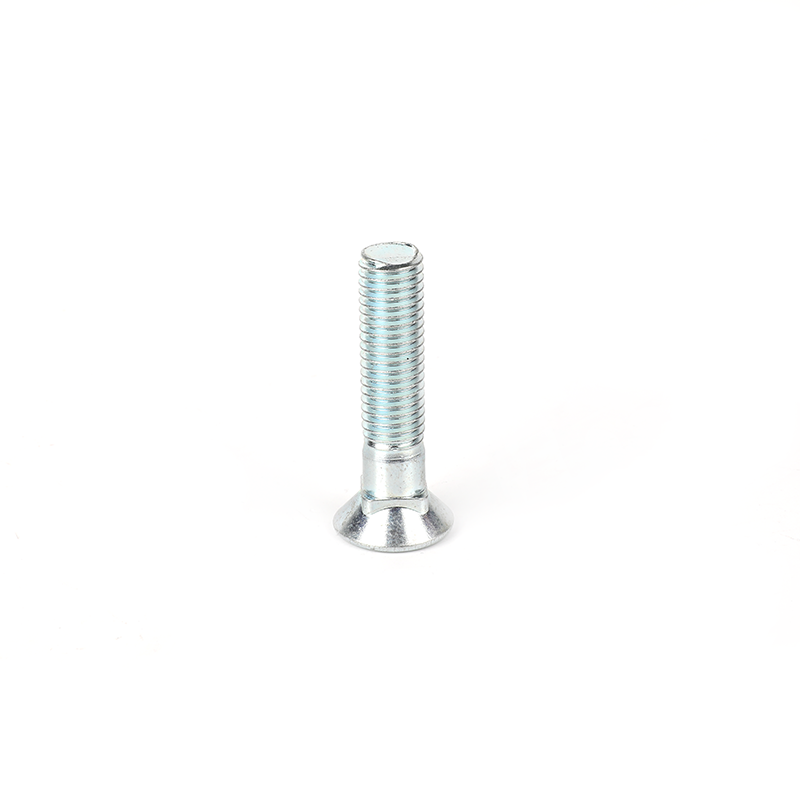
This Grade 12.9 zinc plated countersunk head square neck plow bolt has the advantages of high precision, high operability, high strength, and high ten...
See Details